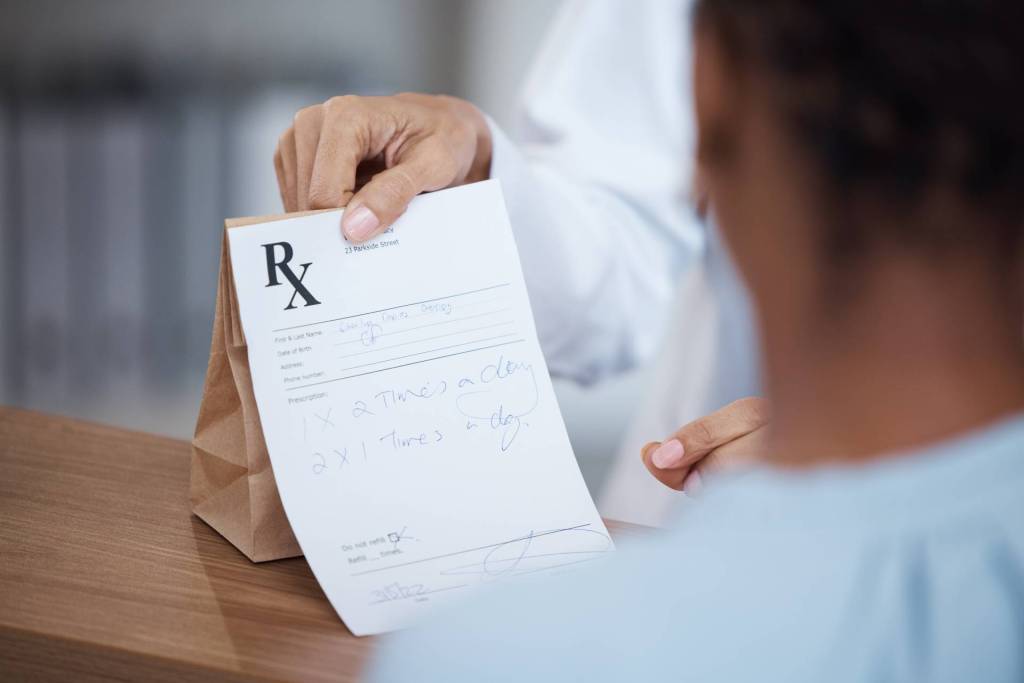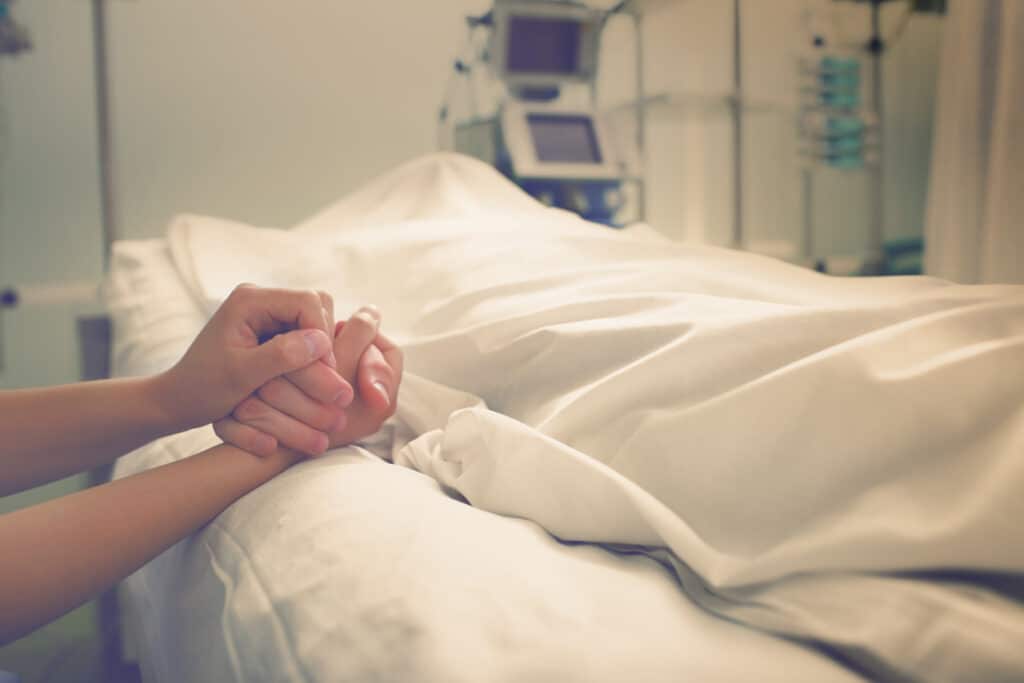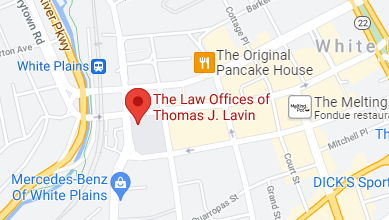Have you experienced discrimination in New York at a business that serves the public – a business like a nightclub, a restaurant, or a supermarket? You may be able to hold that business accountable for discrimination, and you may be able to recover damages with help from a Bronx public accommodations attorney.
Discrimination claims typically arise from discrimination in employment and hiring, but in New York, the New York State Human Rights Law and the New York City Human Rights Law both offer legal protection against discrimination that may happen apart from employment or hiring.
What does the New York State Human Rights Law provide? What types of discrimination are prohibited by the law? How is a “place of public accommodation” defined? What are your rights if you suffer discrimination at a place of public accommodation in New York?
If you will keep reading this brief discussion of public accommodations and your rights in this state, these questions will be answered. You will also learn what a Bronx civil rights attorney can do on your behalf if you are a victim of discrimination at a place of public accommodation.
What Do Public Accommodations Laws Provide?
At the federal level, the Civil Rights Act of 1964 bans discrimination in public accommodations on the basis of race, color, national origin, or religion, and the Americans with Disabilities Act requires equal access to public accommodations for individuals with disabilities.
At the state level, forty-five states have now put into effect some type of public accommodations anti-discrimination law that protects nondisabled individuals. In New York, the New York State Human Rights Law provides that:
“All persons within the jurisdiction of this state shall be entitled to the full and equal accommodations, advantages, facilities and privileges of any places of public accommodations, resort or amusement, subject only to the conditions and limitations established by law and applicable alike to all persons.”
What Are Protected Characteristics?
Additionally under the New York State Human Rights Law, discrimination in places of public accommodation on the basis of several “protected characteristics” is illegal. It is against the law for a public accommodation to discriminate against you on the basis of these characteristics:
- your creed or religion
- your disability
- your marital or military status
- your race, color, or national origin
- your sex, sexual orientation, gender identity, or gender expression
What Are Considered Places of Public Accommodation?
What is the definition of a public accommodation? The term “public accommodation” is broadly construed under the New York State Human Rights Law. Places of public accommodation in New York include but are not necessarily limited to:
- retail stores, hotels and motels, nightclubs, bars, and restaurants
- hospitals and health clinics
- schools and daycare facilities
- concert venues and movie theaters
- barber shops, beauty parlors, and nail salons
- subways, buses, taxis, and other public transportation
- government offices and other public buildings
Synagogues, mosques, churches, and other religious facilities are not usually considered public accommodations, but if a religious facility is rented to the public for a non-religious purpose, it becomes a public accommodation during the time of the non-religious use.
What Conduct Is Illegal?
Service providers, business owners, and retailers and their employees may not refuse to serve customers and may not discriminate in any way on the basis of protected characteristics. Under the New York State Human Rights Law, the following discriminatory conduct is forbidden:
- Public accommodations may not discriminate on the basis of any protected characteristics and must make their products and services accessible to all.
- Public accommodations may not deny their products or services to anyone on the basis of any protected characteristics.
- Public accommodations may not publish or circulate written materials indicating any denial of advantages, privileges, or accommodations based on any protected characteristics.
Businesses retain the right to refuse to serve intoxicated or hostile individuals and may have intoxicated or hostile persons removed from their premises. Retail customers may be subject to a bag check or a similar security measure, but only if the measure applies to all customers equally.
Are There Exceptions to the New York State Human Rights Law?
The New York State Human Rights Law provides an exception for any “distinctly private club” with fewer than one hundred members. An organization is considered a distinctly private club if it:
- has established a mechanism for screening applicants
- restricts the use of the facilities to members and their guests
- is controlled by the members
- is nonprofit and is operated exclusively for the members
- directs its publicity and marketing to members only
If You Are a Victim of Discrimination
If you are disabled, public accommodations providers are supposed to make reasonable efforts to grant access and service to all customers. Reasonable efforts, for example, may require adding a wheelchair ramp or letting a service dog enter a public accommodation with a disabled person.
Every citizen has civil rights and legal privileges. Violating someone else’s civil rights is against the law. No one in New York or in any other state should have to endure discrimination.
Under the New York State Human Rights Law, anyone who is a victim of discrimination at a public accommodation may sue for damages and may be awarded monetary compensation.
If you experience discrimination at a public accommodation in New York, you may be unsure whether the conduct constitutes a violation of the law. If you believe that you may be a victim of discrimination, arrange at once to speak about your concerns with a Bronx civil rights attorney.
What Will an Attorney Do on Your Behalf?
After reviewing the details of your discrimination claim, a civil rights attorney can help you fight for the compensation you deserve as a discrimination victim. Your lawyer can defend your rights and bring a halt to the injustice you’ve endured.
First, your attorney will attempt to negotiate privately with the at-fault party, but if your discrimination claim is disputed or if the negotiations prove futile, filing a lawsuit may be your next step. In some cases, the courts award punitive damages to deter future discrimination.
If you are the victim of public accommodations discrimination, employment discrimination, police misconduct, a hate crime, or any other civil rights violation in the Bronx, Brooklyn, or anywhere in the State of New York, contact a Bronx public accommodations attorney at once.









